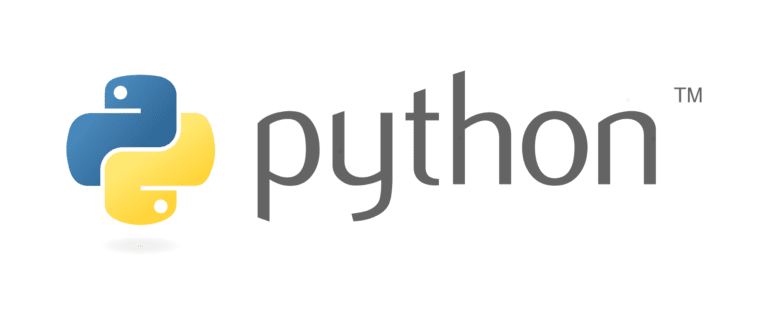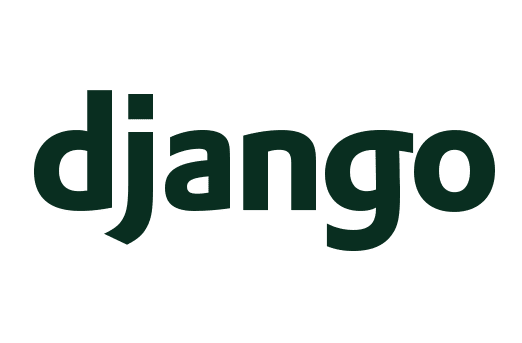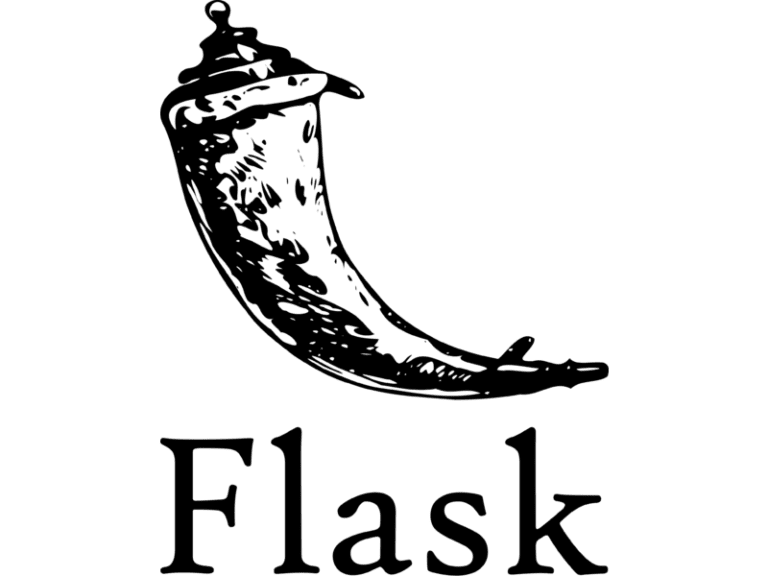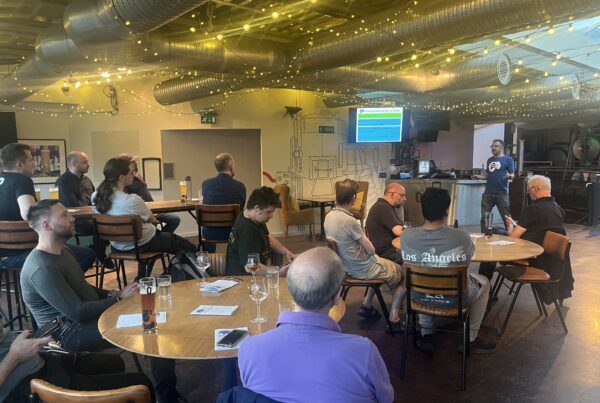Django vs Flask

What is Python?
Python is the world’s most popular and fastest-growing programming language. It caters not only to the needs of software engineers but also to data analysts, scientists, network engineers, and even kids! Being extremely beginner-friendly is what gives Python an edge over other programming languages. Its vast array of libraries facilitates automation in every discipline. You can write a Python script to analyze boring data or copy files or parse web pages while you invest your saved time into something more important. Python is a multi-purpose programming language and it has primarily four features that give it this distinction-
- It is high-level so you need not worry about complex tasks such as memory management.
- It is a cross-platform programming language which means you can program and run python in just about any operating system without hindrance.
- It has a large community which means if you’re stuck somewhere, you can be confident that there is someone out there with the knowledge to help you out.
- Last but most importantly, Python has a huge ecosystem of libraries and frameworks* that have stunning discipline-wise applications.
Python has frameworks like Tornado, Pyramid, etc. But today, we’ll discuss two of these frameworks namely Django and Flask.
(*Note – A framework is a collection of modules that have been grouped. The modules are written from pre-existing libraries to enable developers to use them instead of having to code from scratch.)

Django
Django is a free, open-source web development framework written in Python. Every basic website has a similar set of components mutual to each of them. These include but are not limited to: account creation and authentication, contact forms, comment boxes, and file upload/download.
What a framework like Django does is it enables web developers to derive from its modules so that you can do all of this with simple lines of code. You can now inject whatever custom adjustments you need to make into your code and voila! You have a basic working website within a few hours.
Features
- Well-documented – Out of all the Python frameworks in the market, Django is the most well-documented. This facilitates finding solutions to a problem and helps you work hindrance-free.
- SEO optimized – SEO (Search Engine Optimization) is the process by which web developers make their website more visible in the vent of a search result. Basically, what Django does is it maintains the website via its URL instead of the IP address on the servers. This makes it easier for SEO specialists to add the website to servers without the web developers having to convert the URL into some numeric code.
- Versatile – The Django project layout and the file structures in the root directory, coupled with the MVT(Model View Template) architecture, help us streamline our design better.
- High scalability – Scalability is the level at which our developed software can be implemented. Top MNCs have millions of active users and thus, behemoth amounts of traffic. Our code has to be precise, error-free and has to operate without giving in. Django’s high scalability facilitates this.
- Secure – Django prevents your code from being vulnerable to cross-site scripting, SQL injection, etc. This results in unfaltering website security which is paramount when it comes to web development.
Pros
- Highly scalable
- Fast processing
- Secure
Cons
- Django is monolithic (You have to follow a set of pre-defined rules to deploy anything in Django successfully).
- Django uses RegEx to define its URLs and this increases code length.

Flask
Flask is open-source but it is BCD licensed. This means that a developer can build anything on Flask keeping in mind the original copyrights that stick to Flask. Flask is a microframework or a minimalistic web application framework and its real use lies in optimizing pre-existing complex applications. Also, if you are a beginner who is looking to understand how things work in an ERP, Flask should be your weapon of choice.
Features
- Flexible project layouts – The flexibility of Flask’s system allows a developer to make a lot more customized decisions in comparison with any other framework.
- Routing – Flask offers staggeringly flexible URI extractions. This is primarily because before matching URI with patterns; Flask sorts them according to complexity.
- View Layer – Flask supports Function-Based Views, HTTP methods restriction, View Decorators, and Class-based Views when it comes to the view layer. In Flask, the modules are called from where the request is imported and are treated as global variables. Without getting into the technicalities, what this results in is the lightning-fast processing of requests.
- Model Layer – Flask does not have an ORM of its own but you can integrate APIs like that of SQLAlchemyand peewee. The flexibility of Flask also helps you set up your own custom ORM.
Pros
- High flexibility
- Supports unit testing because of its built-in development server, restful request dispatching, etc.
Cons
- Requests are handled one at a time.
- Installing more modules for faster request handling may result in third-party security breaches.
A conclusive side by side comparison
| Feature | Django | Flask |
| Functionality | A Fullstack Python web framework | A simple, lightweight Python microframewor |
| Database | Has database layer and built-in ORM to perform database operations | Does not have built-in ORM but supports SQLAlchemy |
| Flexibility | Does not support changes to its built-in modules | Highly flexible and customizable according to requirements |
| Built-in Bootstrapping tool | Comes with a built-in Bootstrapping tool (Django-admin) | Does not have a Built-in Bootstrapping tool |
| Security | Multiple security measures that prevent third-party unauthorized breaches | Has built-in security against common threats like XSS, CSRF, SQL injection |
If you wish to speak to a Python, Django or Flask consultant about the technology, please reach out to us for more details. Some of the projects that we have helped our clients out with are:
- Delivering a full end to end, Flask or Django website
- Building a new Development Team from scratch
- Helping a team train in Python, Django or Flask
- Web Development Architecture
- Finding key hires in the Django or Flask Development team




